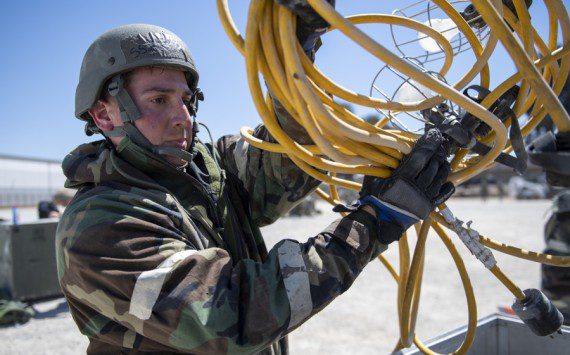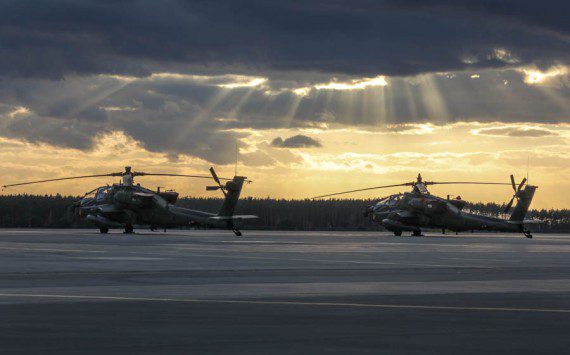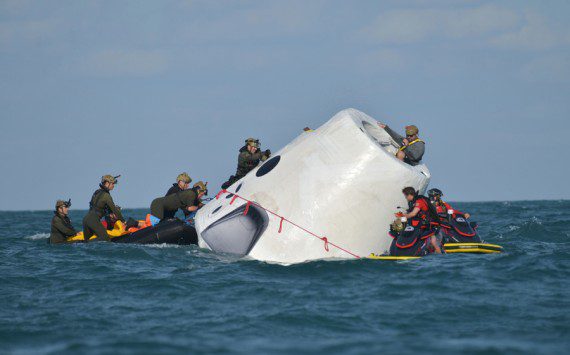Raytheon and the U.S. Navy’s Naval Air Systems Command have deployed advanced mission control for the MQ-8 Fire Scout, an unmanned helicopter, aboard the Littoral Combat Ship USS Coronado, which is now underway.
Navy control hardware and Raytheon control software were combined for robust, flexible command and control of Fire Scout missions in littoral waters.
The USS Coronado is one of the Navy’s newest Littoral Combat Ships, designed to operate close to shorelines. Coronado’s deployment of Fire Scout extends the fleet’s situational awareness.
“Raytheon’s UAV ground controls help support Navy missions without putting sailors’ lives at risk,” said Todd Probert, vice president of Mission Support and Modernization at Raytheon IIS. “Our innovative technology is helping the U.S. military evolve standards of performance and reliability as they accomplish their critical missions more efficiently and effectively.”
Navy hardware and Raytheon’s software are built with an open architecture, maximizing flexibility to add new technology as needed. Under a related effort, the Navy’s Common Control System, or NCCS, will be able to control any air, ground, surface and subsurface vehicles as they deploy with the fleet. Built on the flexible foundation of Fire Scout MCS, that capability will reduce Navy-wide implementation costs and training requirements for unmanned systems.
“Our new Fire Scout MCS enables Fire Scout to bring more mission to more areas,” said Captain Jeff Dodge, U.S. Navy, Fire Scout program manager. “Fire Scout is a proven capability in dynamic littoral environments, and now provides the potential for multiple platforms to be controlled from a single MCS aboard the ship.”
USS Coronado is the first Littoral Combat Ship to use this upgraded Fire Scout MCS operationally, after logging 600 plus hours of testing.











